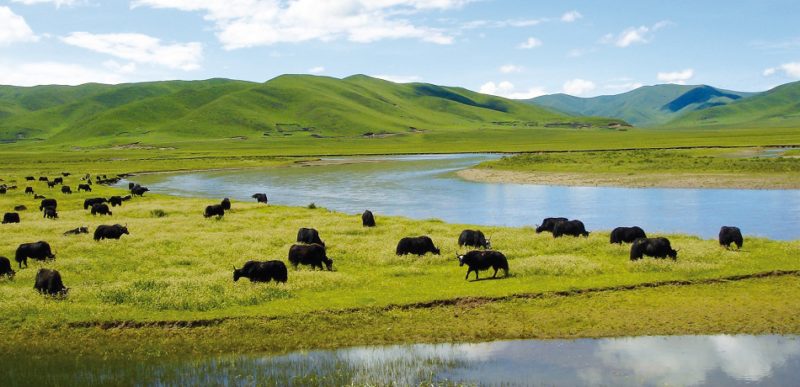The Centre for International Forestry Research (CIFOR) on Tuesday launched an interactive, web-based map of the world’s wetlands on the sidelines of the 15th International Peat Congress in Kuching, Sarawak, Malaysia.

The Global Wetlands Map is a new initiative by the Sustainable Wetlands Adaptation and Mitigation Programme (SWAMP), a collaborative effort between CIFOR and the United States Forest Service, supported by the United States Agency for International Development (USAID). It aims to build shared knowledge of wetlands, histosols (or peaty soils) and carbon stocks – a key tool for identifying and prioritising action on developing climate change mitigation and adaptation strategies.
The online map shows the estimated distribution of wetlands around the world. According to CIFOR, all users are free to explore the map and its data, while registered users can verify and contribute to the map based on their own research and on-the-ground knowledge.
An aspiring user can explore the Global Wetlands Map and become a registered user here.
CIFOR disclosed that the interactive nature of the map is designed to improve its accuracy, and at the same time promote data-sharing among the wider research community. Mapped datasets are available for free download, and can be used to conduct further work using geographic information systems software such as ArcGIS, added CIFOR.
Scientists believe that wetlands play a fundamental role in climate change mitigation and adaptation strategies, and provide essential ecosystem services. However, it appears that not enough is known about their precise distribution and extent, particularly in the tropics.
Daniel Murdiyarso, the CIFOR Principal Scientist and Principal Investigator for SWAMP, says that knowledge of wetlands will be crucial to direct action to restore and protect degraded and intact wetlands for climate change mitigation and adaptation.
“Wetlands are carbon-rich ecosystems that face tremendous pressure from human interventions through land-use change. Their potential to mitigate climate change is widely recognised. Through the ecosystem services they provide, wetlands are equally important for climate change adaptation,” he said.
The 15th International Peat Congress is hosted by the Malaysian Peat Society and the International Peatland Society until 19 August. The conference aims to provide a platform for researchers and practitioners to share knowledge of peat and peatlands in the tropics.
